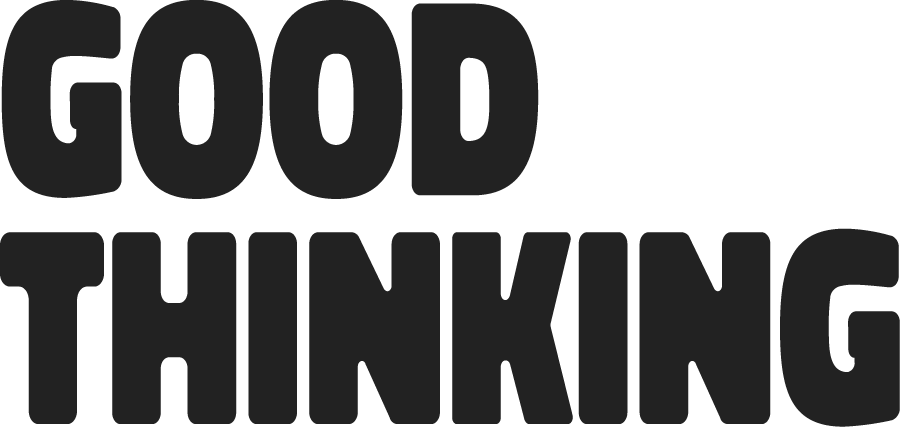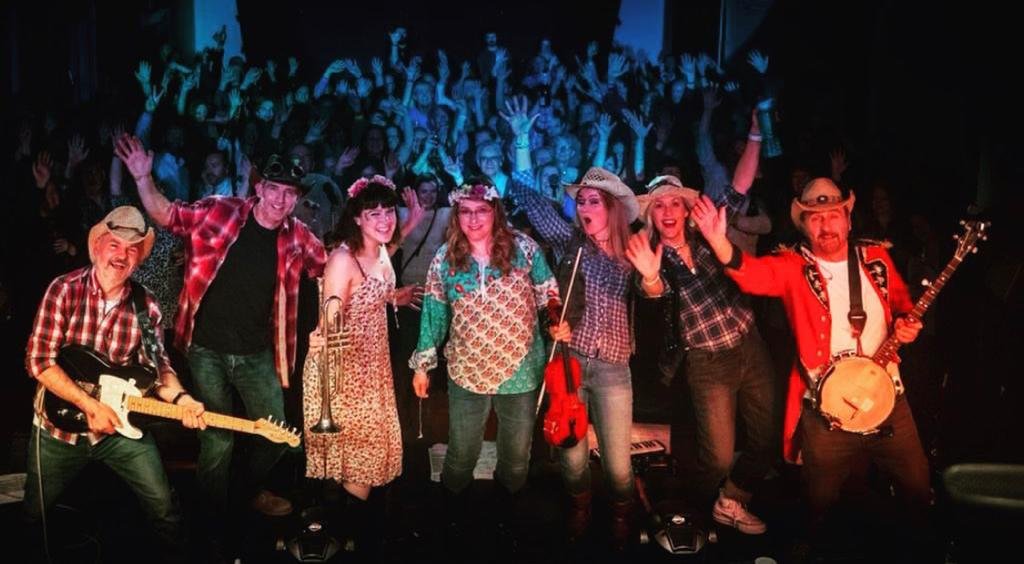Why my band is my high-performing team
Which is your highest-performing team?
What team are you most proud to have been a part of?
What team that you’ve been a part of has made the biggest impact?
For me, all these questions can be answered by the same team. And it’s not a work team at all, despite over 20 yeas of being in, leading and setting up teams. Let me share my highest-performing team, and then let’s pick apart why I think that is.
The very best team, by any measure, that I’ve been a part of (still am) is my band*. We’ve been together for nearly 9 years, meeting most Thursdays during that time, entertaining thousands of people, traveling Europe together, lugging kit, tolerating each other's foibles and festival food, and pushing each other to confront our fears and weaknesses to improve continually.
Are we best friends? No, I’m not sure I even know all their birthdays. Do we socialize all the time? Not outside band stuff. Have we had the same members all this time? No, two have left, two have arrived. Did it take all 9 years to get us to this state of flow? No, we snapped into it pretty quickly. I work with a lot of teams and have spent the last 6 months studying Team Coaching at Henley Business School, so I’m gathering a pretty robust idea of what makes a team work, really work. Let me apply one of these models to my band and see what we can learn.
Purpose: We have a very clear shared purpose, created by our founder member, which we have all bought into, though it’s never been written down. To entertain people of all ages with stuff they know but in ways they don’t immediately recognize. To get EVERYONE smiling, singing, or dancing by the end of the show. Our ultimate measure of success is random plastic items being held aloft. We’ve had chairs, chilli bins, inflatable crocodiles. This is what good looks like, and we refer to it regularly to check if we’re putting our efforts in the right place.
Values and beliefs: We’re clear on how we need to behave to achieve this. We value communication (we reply to whatsapps within 24 hours, often 24 seconds). We value commitments (once a rehearsal or gig is in the calendar, it happens). We value honesty (many evenings we have sweated over some new arrangement only for someone to inquire, ‘are we polishing a turd here?’). We value styling it out (keep smiling, and the audience won’t notice you’ve missed a whole verse out or the guitar wasn’t plugged in).
Identity: We’re proud of being in this team. It’s part of who we are. If we were organized enough to have team T-shirts, we’d certainly wear them. We have team mugs with the stupidest thing we’ve ever said in rehearsal on them. We sign off all our messages with the most random emoji we can find - no one knows where this tradition came from, but it’s part of us. Others know what to expect from us, and it’s pretty easy to see what they think of us.
Relatedness: From the first note of our first rehearsal, we’ve had to pay attention to each other. We have to trust each other that if we mess up, the others will adjust, play an extra bar, swap the lyrics around, keep smiling, keep the show on the road. We won’t throw each other under the bus. We care about each other as humans, tackling COVID, migraines, divorce, redundancy, and mental illness with compassion and support. We feel safe trying stuff and failing utterly. Some of our most formative times have come from disasters, both onstage and off. We can take feedback and critique, even if it’s clumsy, because the intention is always to deliver on our purpose. So if something sounds dreadful, no one takes it personally when it’s pointed out.
Awareness: We know where we’re strong and where we’re likely to fall down, both as a team and as individuals. We know who will stress about backstage parking at festivals, who needs most time to set up, who to ask for a candid opinion, who will spiral downhill unless they are fed, regularly, with mac and cheese (Ok, that’s me), who can transpose keys on the spot. We know we’re strong at creating new stuff and weak at throwing old stuff out. We know all this and use it to prevent and solve problems.
Ways of working: We have clearly agreed approaches to our core processes. Proposing new tracks or mash-ups, recording a ‘structurally sound’ WIP, establishing appetite and availability for gigs, sound checking. Some of these have evolved naturally, some have been imposed as a result of a royal mess-up, but we’ve talked about them all, tweaked them as necessary, and very occasionally agree that we’re going to ignore them. What’s critical here is that any one of us will hold the others accountable if they don’t follow.
Transformation: This one hasn’t been intentional, but when I look back, we’ve pushed ourselves and each other to constantly get better. The quality and sophistication of our stuff are unrecognizable from where we started. We’ve gained in confidence, competence, variety of instruments, and quality of kit. We don’t want to let each other down, so we’re constantly using each other’s growth to motivate our own.
Is this pure rock’n’roll? No.
Do we ever annoy each other? Of course
Is it a useful example of a high-performing team? I think so, despite not being a work team
Does it prompt you to think about your best team, and what you can learn from it to apply at work? You tell me. I’d love to hear what you think.
The model I’ve used here is from Building Top Performing Teams by Lucy Widdowson and Paul J Barbour. It’s a great one to use when looking at your team from all angles to see where you are strong, and where you may need a nudge. And if you need more than a nudge, get in touch and we can chat Team Coaching.
*No links here as this is a professional website, not a music promotion site!

